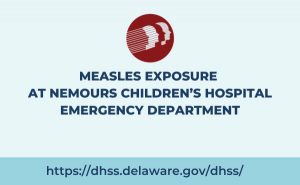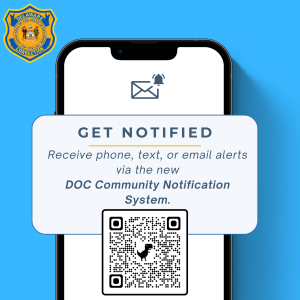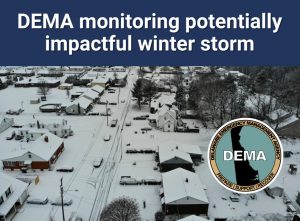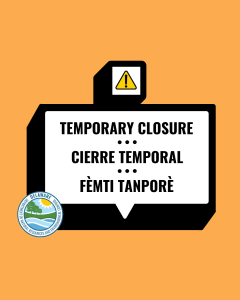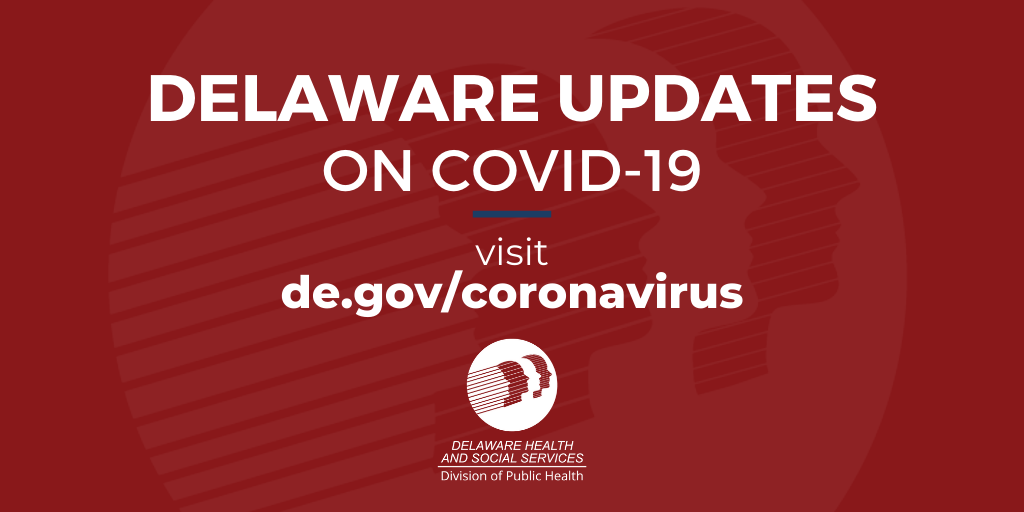
NEW CASTLE (March 12, 2020) – The Department of Health and Social Services (DHSS) is recommending that all Delaware nursing homes, long-term care facilities and adult day-care centers temporarily end visitation as a way to reduce the risk of residents and clients contracting coronavirus disease (COVID-19).
The recommendation follows the Centers for Disease Control and Prevention (CDC) guidance that urges long-term care facilities to be vigilant in preventing the introduction and spread of COVID-19. DHSS’ Division of Public Health and DEMA are working with DHSS’ Division of Health Care Quality (DHCQ), Division of Services for Aging and Adults with Physical Disabilities (DSAAPD) and other community partners to implement strategies and restrictions to keep residents safe and healthy. In addition to restricting visitors, DHSS is urging Delaware’s long-term care facilities to:
- Make online methods of face-to face communication and phone calls available.
- Staff should be monitored if they are showing any signs of respiratory infection such as fever, cough or sore throat.
- Any staff member who has these signs or symptoms should not go to work. Any staff that develop these signs or symptoms on the job should immediately stop working, put on a face mask, and self-isolate at home.
- Nursing homes should increase availability of alcohol-based hand sanitizers, tissues, no-touch receptacles for disposal, and face masks at entrances, waiting rooms, and resident check-ins
- Signage should be increased for vigilant infection prevention.
- Properly clean, disinfect, and limit sharing of medical equipment between residents and areas of the facility.
The CDC has found that early data suggests older people are twice as likely to suffer a serious illness from coronavirus disease, also known as COVID-19. Earlier this week, DHSS urged older Delawareans and people with severe chronic health conditions to follow CDC guidance that they “avoid crowds as much as possible” as a way to reduce their risk. Delaware announced its first presumed positive cases this week and the Division of Public Health (DPH) and other state partners are planning for the likelihood of community transmission.
The Department of Health and Social Services advises that community preparedness planning – recommended by CDC – should include older adults and people with disabilities, and the organizations that support them in their communities, to ensure their needs are taken into consideration. Many of these individuals live in the community, and many depend on services and supports provided in their homes or in the community to maintain their independence and their health. For family members and caregivers providing support, the CDC recommends these steps:
- Know what medications your loved one is taking and see if you can help them have extra on hand.
- Monitor food and other medical supplies (oxygen, incontinence, dialysis, wound care) needed and create a back-up plan.
- Stock up on non-perishable food items to have on hand in your home to minimize trips to stores.
- If you care for a loved one living in a care facility, monitor the situation, ask about the health of the other residents frequently and know the protocol if there is an outbreak.
DPH continues to monitor travelers arriving in the U.S. from countries with a Level 2 or higher Travel Alert. The CDC recommended that such travelers be monitored for 14 days after their return. During the 14-day period, these persons are asked to remain at home while self-monitoring for symptoms. If any of these persons shows symptoms of fever, cough and/or shortness of breath, the person should call DPH at 1-866-408-1899 immediately to determine next steps, which may include transport to a local hospital for evaluation and testing.
For more information and updates related to COVID-19, visit the DPH website at de.gov/coronavirus, where materials can be found in English, Simplified Chinese/Mandarin, Spanish, and Haitian-Creole. Members of the public with questions can call the Division of Public Health’s Coronavirus Call Center at 1-866-408-1899 or TTY at 1-800-232-5460 from 8:30 a.m. to 4:30 p.m. Monday through Friday, or email DPHCall@delaware.gov.


















